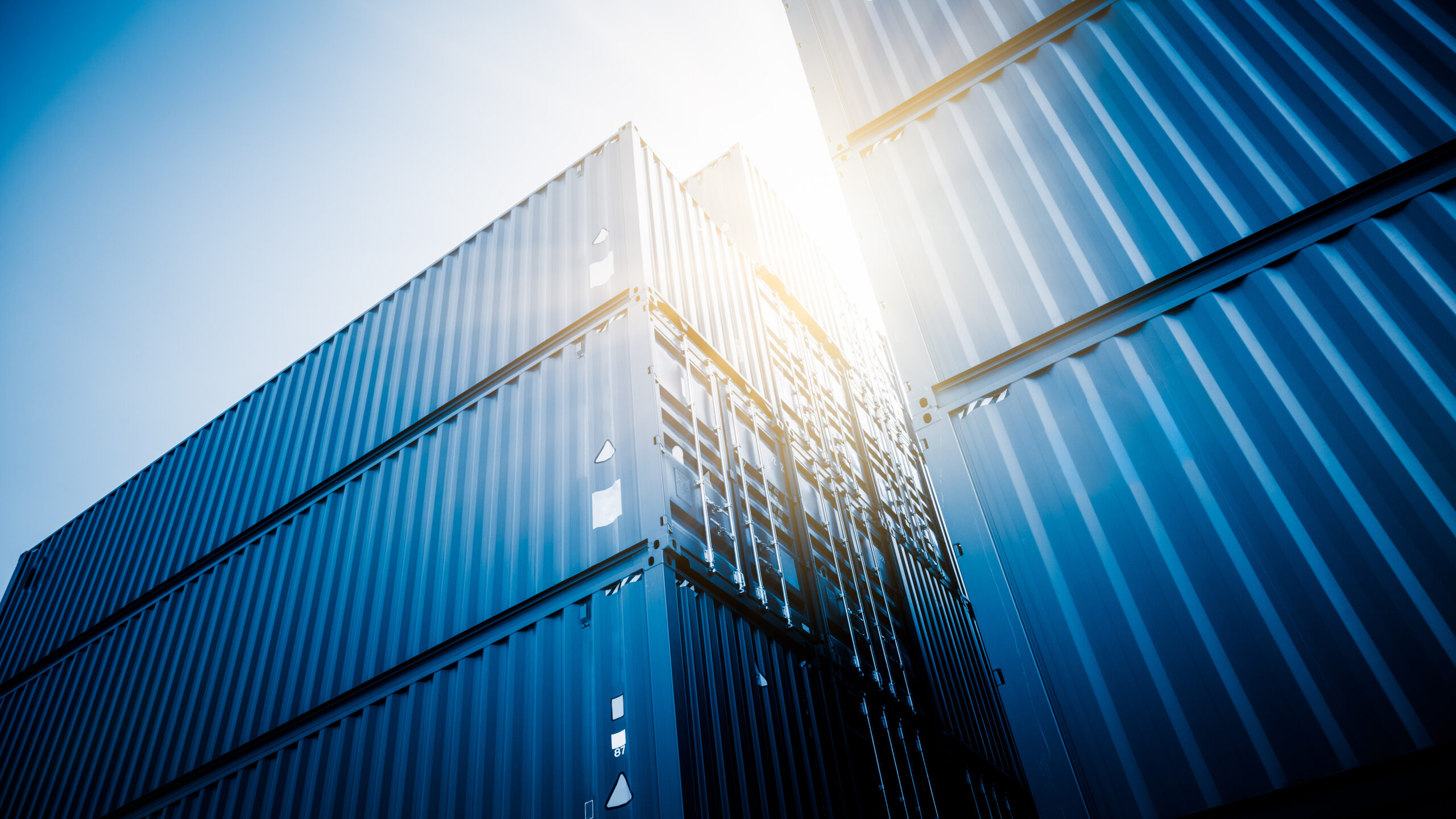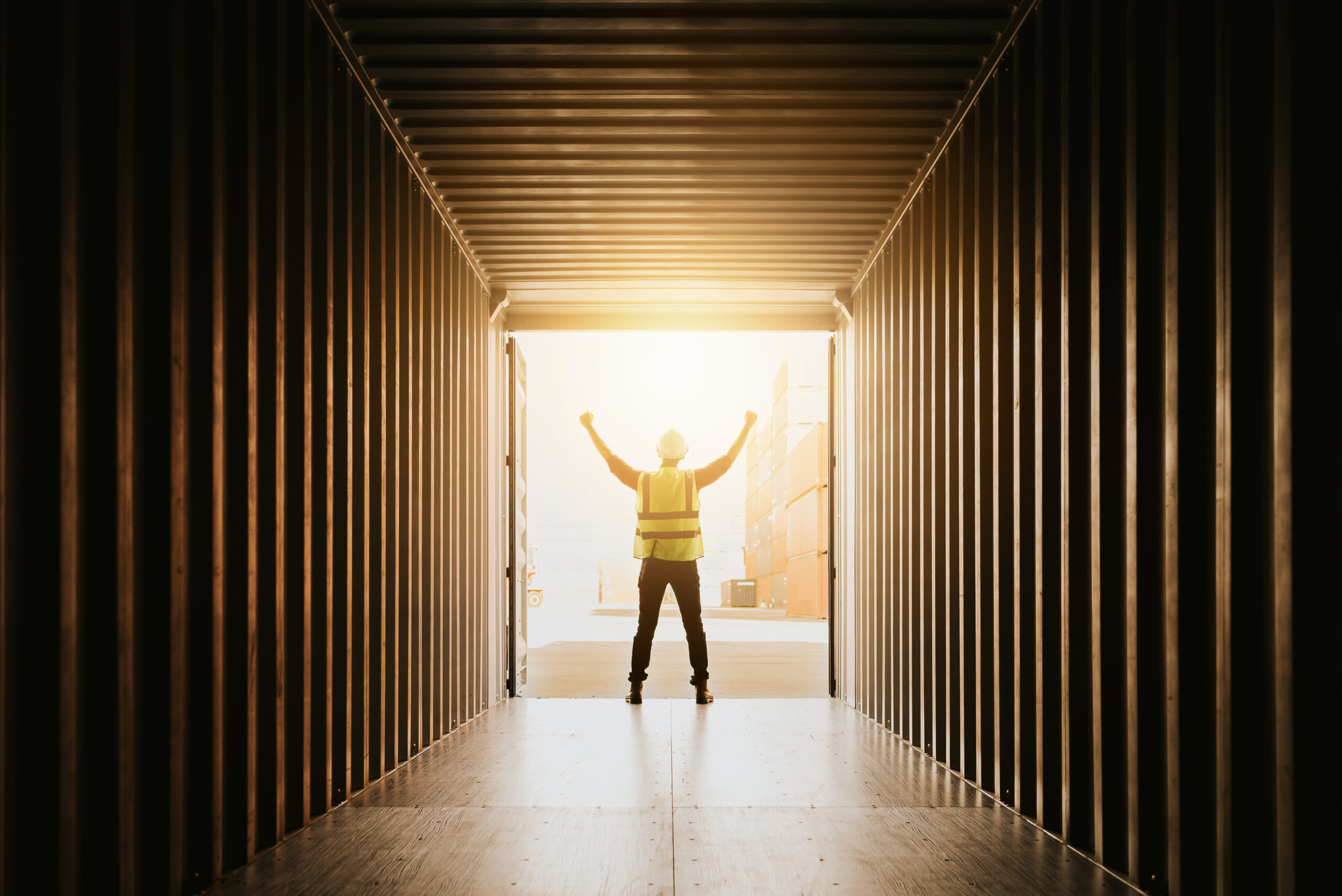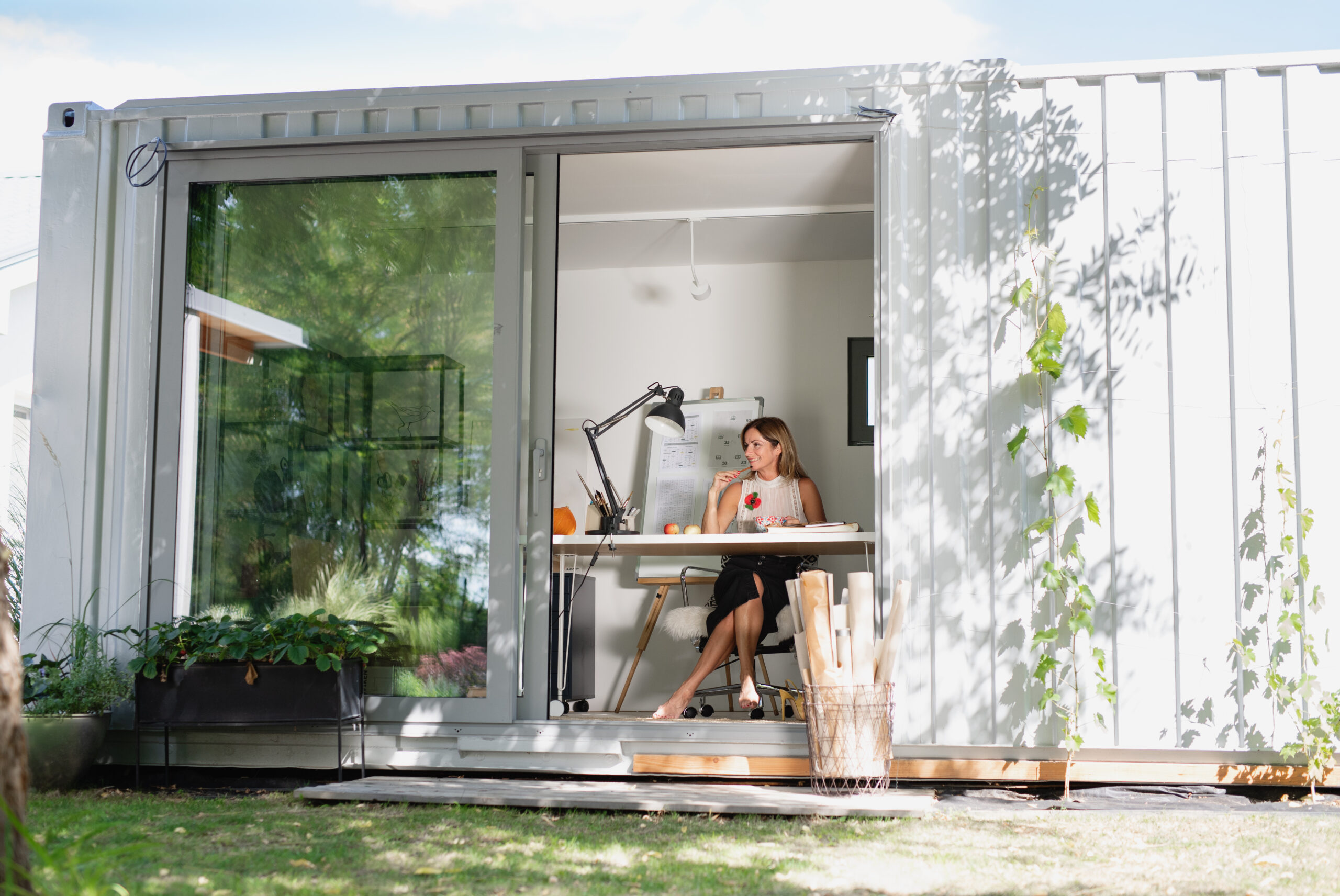The concept of self-contained solar-powered worksites has revolutionised off-grid operations. With a focus on sustainability and energy efficiency, introducing solar containers on sites provides a new level of independence for remote operations.
Whether it’s a construction project or a scientific research station, using solar containers is transforming how we approach off-grid worksites.
The Rise of the Solar Container in South Africa
Remote worksites operating with solar-powered containers await us in the future. The use of solar-powered containers at remote worksites has been steadily growing in recent years. Environmental concerns, cost-saving opportunities, and advancements in solar technology drive it.
Environmental Benefits:
Solar-powered containers offer a clean and renewable energy source, helping to reduce carbon emissions at remote worksites. According to the International Energy Agency (IEA), solar power can reduce CO2 emissions by up to 2.5 gigatons by 2030.
Solar containers offer a lower environmental footprint by minimising the need for diesel generators, which are common at remote worksites. Diesel generators emit harmful pollutants and contribute to air and noise pollution.
Cost Savings:
Solar containers provide a sustainable power source, reducing the ongoing operational costs associated with fuel procurement and maintenance of traditional generators. A study by the National Renewable Energy Laboratory (NREL) found that solar power can be cost-competitive with diesel generators in many remote locations.
Long-term savings offset the initial setup cost of solar containers, making them a financially viable option. According to the Solar Energy Industries Association (SEIA), the cost of solar photovoltaic systems (systems that use solar energy to create electricity) has declined by about 70% over the past decade.
Reliability:
Solar power systems are known for their reliability and minimal maintenance requirements, making them suitable for remote worksites where access to fuel and servicing may be challenging.
Many solar container installations incorporate battery storage, ensuring a continuous power supply even during cloudy or nighttime conditions.
Adoption Across Industries:
South African Industries that have adopted the solar container are the mining industry, telecommunications, education, and health care facilities. In South Africa, the solar container introduced an energy solution to the country’s ongoing energy crisis.
South Africa has implemented various solar projects and initiatives, including the Renewable Energy Independent Power Producer Procurement Program (REIPPPP). The results of this programme aim to promote rural electrification, offer environmental benefits, support public-private partnerships, offer the opportunity for investment and financing and aid job creation within the sector and the country as a whole.
Government Initiatives:
Many governments, including South Africa, offer tax incentives. These incentives apply to individuals, businesses and organisations that invest in renewable energy solutions, including solar-powered containers.
The United Nations’ SDGs (Sustainable Development Goals), particularly Goal 7 (Affordable and Clean Energy) and Goal 13 (Climate Action), encourage the adoption of renewable energy solutions like solar power.
The growing use of solar-powered containers at remote worksites is a sustainable and economically advantageous trend. As solar technology advances and governments support renewable energy initiatives, this trend will accelerate in the coming years.
5 Things to Consider When Choosing a Solar Container
- Is the container self-sufficient for remote operations? The solar energy within the container must provide off-grid independence for your business.
- Does the container build allow for terrain versatility? These containers must adapt to your needs, regardless of where you set up your business.
- Is there a difference when it comes to cost and sustainability? A huge benefit of using solar containers is that they reduce operational costs and prolong equipment lifespan.
- Is the container set up for remote communication? In addition to being built and run remotely, the container needs reliable connectivity so business operations can run smoothly.
- Does the container provider have experience in building solar containers? When introducing solar containers into your business, a reputable container provider provides peace of mind.
Container Land is one such provider with reputable experience in building solar containers. Our feature on BloomBox Design Labs speaks to the impact our solar containers have created.
Container Land Feature: BloomBox Design Labs
BloomBox Design Lab is an initiative by Sparkly and SmART that aims to make high-quality education accessible to all students through robust and sustainable design.
BloomBox Design Labs is a public benefit corporation that Sofie Roux founded. Sofie is a student who has always been fascinated by education and deeply committed to sharing her educational experiences with others. Her passion for girls’ education inspired her to pursue architecture and design to create beautiful and sustainable infrastructure that includes and engages students of all backgrounds in high-quality education, particularly in the fields of Science, Technology, Engineering, Arts, and Mathematics (STEAM).
BloomBox Design Labs provides sustainable energy and infrastructure to growing communities using modular and retractable structures such as repurposing shipping containers, solar power, and local production. Customers can access design, architecture, supply chain, and logistics experience to create a human-centred infrastructure.
Container Land partnered with the BloomBox Design Lab initiative to help bring this vision to life. The installation of labs has brought electricity and education technology to off-grid communities for the first time, transforming the educational experiences of thousands of students.
Please have a look at our BloomBox post for more!
Container Land Feature: ComputerAid Solar Community Hubs
ComputerAid is a non-profit that collects and refurbishes donated computers, tablets, and mobile phones for educational projects that reduce the digital divide. They aim to train locals in ICT (Information and Communication Technology) for teaching, employment, and farming industries.
They use solar panels on top of the container to operate computers in regions with non-existent or unreliable electricity. They have partnered with companies such as Dell, Code for Change and Container Land to develop self-sustainable learning labs, which incorporate a “connect device”, a network of digital educational resources for schools and libraries lacking internet access.
CompterAid Solar Community Hub Projects meet community needs, prioritising sustainability and working closely with partners to produce measurable results.
Take Action
Container Land provides sustainable and energy-efficient solutions for remote worksites.
Our solar-powered containers are environmentally friendly and cost-effective and provide reliable power for your off-grid needs.
Embrace a greener, more efficient world with our solar containers.





